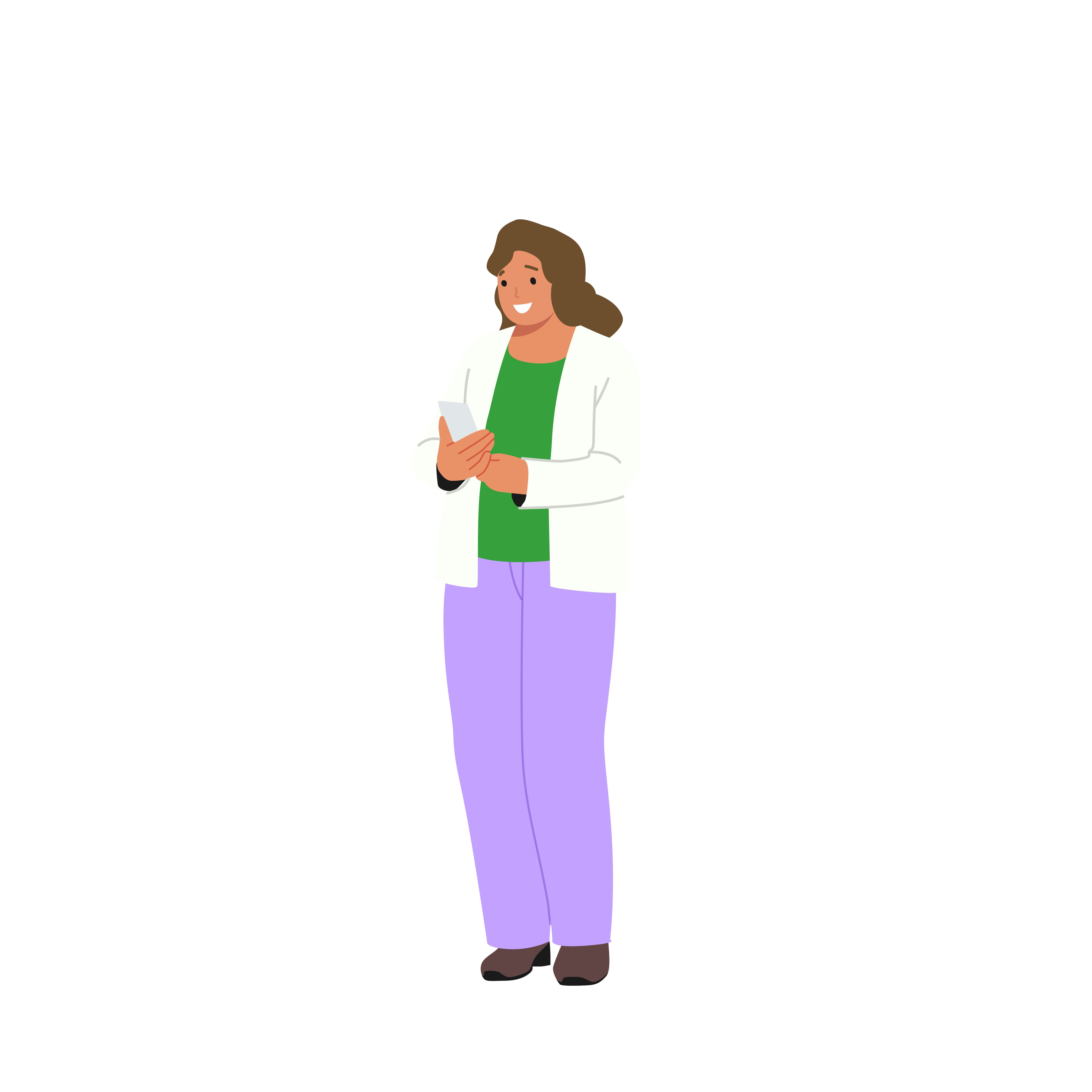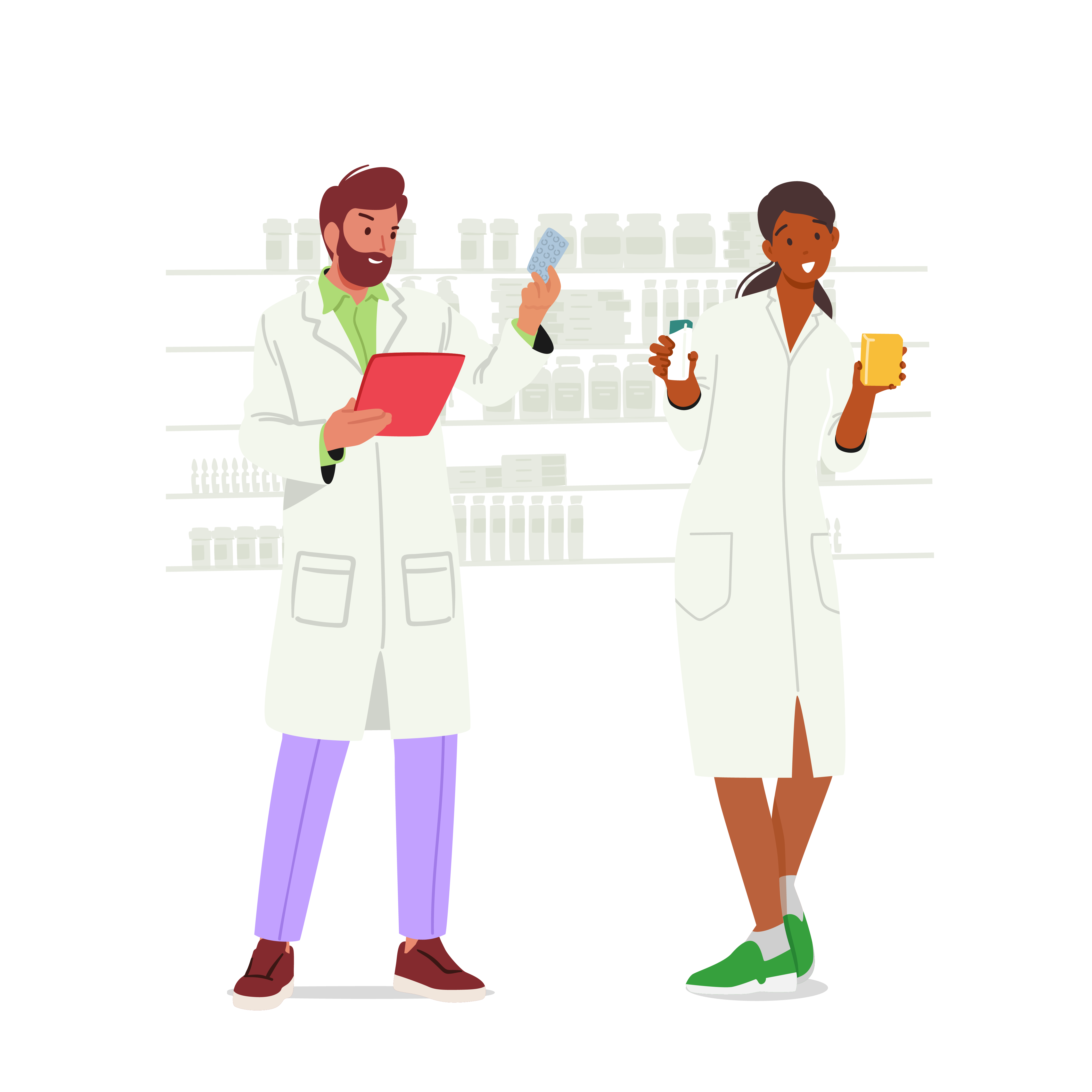- Home
- Women’s Health
- PCOS & Infertility
PCOS & Infertility
PCOS (polycystic ovary syndrome) is a common condition that affects hormone levels in women. It causes the body to produce more male hormones than usual, which can lead to irregular or missed periods and make it harder to get pregnant.
Although there is no cure for PCOS, there are effective treatments available to help manage symptoms.
More Information
What is PCOS and infertility?
Polycystic ovary syndrome (PCOS) is a common hormonal disorder affecting women of reproductive age. It is characterised by irregular menstrual periods, excess androgen levels, and polycystic ovaries. PCOS can lead to infertility by disrupting the normal ovulation process, making it difficult for women to conceive.
Can you cure PCOS and infertility?
While there is no cure for PCOS, its symptoms and associated infertility can be effectively managed with appropriate treatments. Lifestyle changes, medications, and fertility treatments can help regulate menstrual cycles, reduce symptoms, and improve the chances of conception. Each treatment plan is tailored to the individual's specific needs and health conditions.
Are there any natural ways to treat PCOS and infertility?
Yes, there are natural ways to help manage PCOS and improve fertility. Maintaining a healthy diet, regular exercise, and weight management can significantly impact hormone levels and menstrual regularity. Some women may benefit from supplements such as inositol or omega-3 fatty acids. It is important to note that you should always consult with your doctor to ensure that natural treatments are safe and suitable for your condition.
What is PCOS and infertility treatment?
PCOS and infertility treatment involves a combination of lifestyle changes, medications, and assisted reproductive technologies. Medications can help regulate menstrual cycles and stimulate ovulation. In some cases, fertility treatments such as in vitro fertilisation (IVF) may be recommended. The goal is to manage PCOS symptoms and improve the chances of achieving pregnancy.
What forms do PCOS and infertility treatments come in?
PCOS and infertility treatments come in various forms, including oral medications, injectable hormones, and lifestyle interventions. Oral medications can help regulate hormones and stimulate ovulation, while injectable hormones are used in more advanced fertility treatments. Lifestyle interventions focus on diet, exercise, and weight management to support overall health and reproductive function.
Do you need a prescription for PCOS and infertility medications?
Yes, many PCOS and infertility medications require a prescription. You should always consult with your doctor or healthcare provider for advice on whether a medication is suitable for you. Please note that at EU Meds, all requests for the supply of prescription medications are subject to an online clinical consultation and the decision to prescribe will be made by a doctor.
Medication delivered discreetly from EU pharmacies



Choose the right treatment
From the comfort of your own home or out on the go, choose the treatment you require from our extensive range.
Complete an online consultation
A vital part of our process, your online consultation will be similar questions to that of a GP. Quick and easy, we guarantee privacy and confidentiality.
Delivered discreetly
One of over 100 of our partner regulated EU pharmacies will dispense and ship the treatment to you.
Rated out of 5 on 
Amazing service! Have used this service for quite a few years now. I have never had any problems with my orders. Easy process and so much easier than trying to get into my gp these days unfortunately. Delivery is tracked and you get regular updates. Wouldn't use anyone else. Very happy customer and would highly recommend!!!
PharmXtra always go with out a hitch really good
I’ve been using PharmXtra for a long time now and they never fail me. Excellent service, from order to item delivered in 24 hours. I really can’t fault them. 5 stars and would highly recommend.
Great, except the delivery man threw the package over my gate, into my garden, in the pouring rain. Two days before I found it!! What a knob!
Rated 4.6 out of 5 based on 12890 reviews

Here to help you
Our Customer Service is available Monday to Friday 9am - 4pm. If you need urgent assistance, do not use this service. Call 111, or in an emergency call 999. Visit our help section


